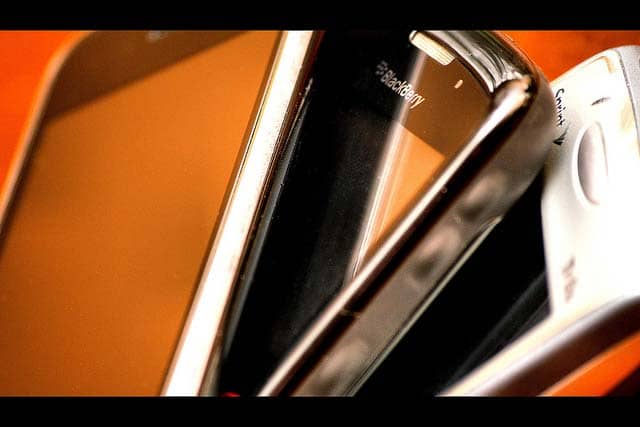The world of mobile technology has changed pretty dramatically in the past few years. In the blink of an eye, it seems a myriad of different carriers and technologies have come into the market, each claiming to offer the best service and features.
Terms like 3G and 4G LTE have come to dominate the mobile technological lexicon as the buzzwords of speed and versatility for smartphones and tablets. However, carriers still offer the recognizably basic flip phones of old, too, so is it worth it to shell out the extra dough to have the fastest connection speeds, newest and fanciest features, and all that jazz?
No doubt, it can be very confusing and overwhelming to those not on the cutting edge of the newest technology. Fortunately, though, it’s not all as complicated as it seems at first glance.
Page Contents
Mobile Technology – Gadget Novice’s Guide

Smartphones are tools, just like any other gadget, so to decide which model and features are best, you must first identify what you would like your phone to do. If you’re looking for something that can make and receive calls and text messages, but need it to do little else, the answer is simple: Get a phone that does just that.
It’s going to cost a lot more money for hardware and a service plan to get a smartphone, so if you don’t need a mobile device that streams video, irons your shirts and does your taxes all at the same time, keep it simple and don’t get one. However, if you want to take full advantage of what the world of mobile gadgetry has to offer, there is something for everyone.
Thing to consider when looking at a Mobile phone/Smartphone
The main thing to consider when looking at a mobile device is not necessarily the features of the phone, but the carrier itself.
A smartphone or tablet can have the coolest features in the world, but at the end of the day it’s always going to be limited by the reach and speed of the carrier. For example, Sprint’s current claim to fame is that they have the fastest 4G LTE network around.
This may be true when you’re in a city center, but get just a little bit outside the optimal coverage area and the speed drops off significantly. Other carriers that offer 3G may be slightly slower at best conditions, but because the network is more flushed out, you can be sure your 3G is going to work pretty much anywhere you get service. So your location is something to consider, as well. Also, 4G is more likely to gobble up data, so unless you have an unlimited data plan, beware.

As for the devices themselves, there are a few things to consider: If you’re a business person looking for security as well as speed, then a BlackBerry is probably going to be your best bet. With BlackBerry’s emergence into the tablet market, too, versatility is a given. However, most devices nowadays have similar features and apps, so the choice really boils down to size (Do you want a quasi-tablet like the Samsung Galaxy Note?) and user preference.
The best way to make a decision, with all the different mobile phones and tablets out there, is the old-fashioned way: Go to a store and try them out. You may not know what you’re looking for at first, but follow these simple guidelines and when you find it, you’ll know.
 Tricks Window Technology Zone – Complete Technology Package for Technology News, Web Tricks, Blogging Tricks, SEO, Hacks, Network, Mobile Tricks, Android, Smartphones etc.
Tricks Window Technology Zone – Complete Technology Package for Technology News, Web Tricks, Blogging Tricks, SEO, Hacks, Network, Mobile Tricks, Android, Smartphones etc.



